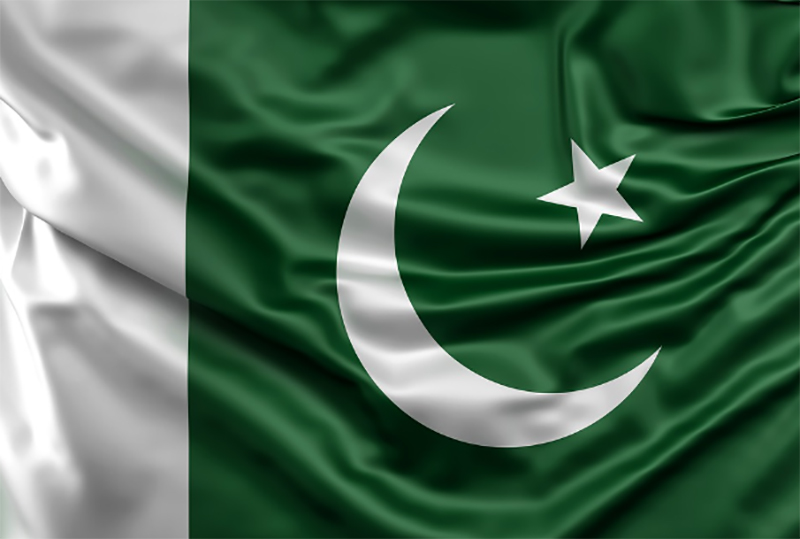 Pakistan
Pakistan
Pakistan: 10 million deprived of safe drinking water in flood-affected areas
New York: Six months after catastrophic floods struck Pakistan, more than 10 million people, including children, still lack access to safe drinking water, the UN Children’s Fund (UNICEF) said on Tuesday.
The crisis has left families in the flood-affected areas with no choice but to use potentially contaminated water.
“Safe drinking water is not a privilege, it is a basic human right”, said UNICEF Representative in Pakistan, Abdullah Fadil. “Yet, every day, millions of girls and boys in Pakistan are fighting a losing battle against preventable waterborne diseases and the consequential malnutrition.”
‘Added risk’ for girls and women
UNICEF warns that the lack of access to safe drinking water and toilets, as well as the presence of stagnant water, are contributing to “widespread” outbreaks of waterborne diseases such as cholera, diarrhoea, dengue, and malaria.
According to the UN Children’s Fund, beyond being a health hazard, the lack of proper toilets is “disproportionally affecting children, adolescent girls and women who are at added risk of shame and harm when defecating outdoors.”
Rising malnutrition
Unsafe water and poor sanitation are also “key underlying causes” of malnutrition. UNICEF highlights that a third of all child deaths globally are attributable to malnutrition, while half of all undernutrition cases are linked to infections caused by a lack of access to safe water, adequate sanitation and good hygiene.
In Pakistan’s flood-affected areas, more than 1.5 million boys and girls are already severely malnourished, and UNICEF expects these numbers to rise. Malnutrition is associated with half of all child deaths in the country.
Humanitarian needs
Last year’s unprecedented flooding, triggered by severe monsoon rains, submerged a third of Pakistan’s land mass.
According to the UN Office in the country, more than 33 million people were affected overall, or one in seven Pakistanis, and eight million were displaced, causing humanitarian needs to surge.
The UN reported on Tuesday that as of 15 March, humanitarians had reached more than seven million flood-affected Pakistanis with food and other essential services. UNICEF and partners have so far provided safe drinking water to nearly 1.2 million children and families, and supported the rehabilitation of water supply facilities benefitting over 450,000 people.
Speaking at an international conference dedicated to the emergency back in January this year, UN Secretary-General António Guterres stressed that “rebuilding Pakistan in a resilient way” will require “supporting women and children, who are up to 14 times more likely than men to die during disasters, and face the brunt of upheaval and loss in humanitarian crises”.
Call for funding
Ahead of Wednesday’s World Water Day, UNICEF has called for resources to urgently restore access to safe drinking water and toilets in the flood-affected areas. Investment is also needed in climate-resilient water supply facilities, such as those powered by solar energy.
UNICEF’s $173.5 million appeal for this crisis remains less than 50 per cent funded.
Support Our Journalism
We cannot do without you.. your contribution supports unbiased journalism
IBNS is not driven by any ism- not wokeism, not racism, not skewed secularism, not hyper right-wing or left liberal ideals, nor by any hardline religious beliefs or hyper nationalism. We want to serve you good old objective news, as they are. We do not judge or preach. We let people decide for themselves. We only try to present factual and well-sourced news.







